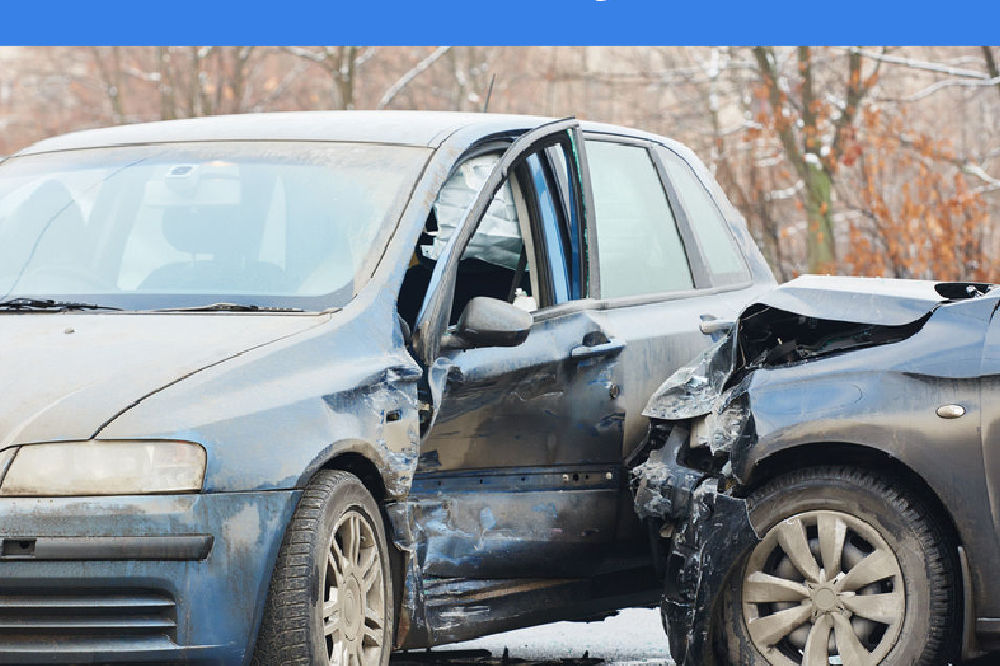Wrong-way accidents can have severe and devastating consequences. When another driver heads down a road or highway in the wrong direction, it often results in a head-on collision with oncoming vehicles. Though the speed at which the cars that collide are traveling can play a part in how severe the crash is, head-on collisions, in general, are considered to be one of the most dangerous types of collisions.
According to an analysis performed by the AAA Foundation for Traffic Safety, nearly 4,000 deaths resulted from wrong-way accidents between 2010 and 2018. In addition, they reported that alcohol and old age were common factors, whereas drivers with passengers were least likely to drive in the wrong direction and cause an accident.
Though deadly wrong-way accidents do not happen often each year, they are still a concern. Fatal or not, wrong-way collisions can result in severe injuries and damages. If you or a loved one are injured in a wrong-way accident, it can be helpful to connect with an experienced personal injury attorney to ensure you receive the compensation you deserve.
How Do Wrong-Way Accidents Occur?
The Federal Highway Administration believes that areas with intersecting roadways, especially those that are more confusing with multiple lanes of traffic, contribute to wrong-way collisions. However, there are various other factors that can contribute to wrong-way accidents, including:
- Impaired driving: Driving under the influence of alcohol or drugs can cause someone to be confused and less aware of their surroundings, which can lead to them accidentally going the wrong way down a road or highway ramp. Additionally, people impaired by medical conditions and prescription medications can also experience confusion and reduced cognitive function, which can lead to a wrong-way collision.
- Fatigued driving: Severe fatigue can also cause drivers to pay less attention and even fall asleep at the wheel. When this occurs, they can easily make mistakes and head the wrong way on the roadway.
- Reduced visibility: Driving in the dark or during times of inclement weather can make it more difficult to see where you are going. Drivers who can’t easily see the road or signs can accidentally turn the wrong way or cross over lanes into oncoming traffic.
- Lack of signage: Some intersections can naturally be very confusing, especially if they lack proper signage to instruct drivers which way to go. When this happens, drivers can easily make a wrong turn or head the wrong way down the road.
- Distracted driving: Driving while distracted can also cause someone to make an error and head the wrong way into oncoming traffic. Distractions can include mobile phones, checking the mirror, messing with the radio, and talking with other passengers.
- Elderly drivers: Not only do elderly drivers have slower reflexes and poorer eyesight, but they can also more easily become confused while driving. This, unfortunately, results in a high number of elderly drivers being the cause of wrong-way accidents.
Liability in Wrong-Way Accidents
When handling wrong-way driving accidents, there are typically two potential parties that can be held liable: the negligent driver or a local or state municipality.
Negligent Drivers
If you are injured in an accident by a negligent driver going the wrong way, they can be held liable for the accident and will be responsible for paying you damages in a personal injury claim. This includes drivers under the influence of alcohol or even those who turned the wrong way down a road purely by accident, such as an elderly driver who was confused. In these cases, it is usually the insurer of the negligent driver that will be in charge of awarding your compensation.
Local or State Municipalities
If a driver heads the wrong way because there was a lack of signage, poor lighting, or overgrown foliage hiding a sign, a local or state municipality could be the one held responsible instead of the driver. Local governments and municipalities are responsible for ensuring the safety of their roadways, which includes making sure all signage is clear and visible. If they fail to uphold their responsibility, they can be held accountable.
Essentially, with any personal injury case, to hold someone liable, you must be able to prove that they owed you a reasonable duty of care; this includes other drivers as well as local and state municipalities. To prove that it was their fault, you must:
- Show that they owed you a reasonable duty of care
- Show that they breached their duty of care
- Show that this breach caused the accident
- Show that your injuries were a direct result of this accident
Our Indiana Personal Injury Attorneys Are Here to Help
Though wrong-way accidents are most often the result of negligent drivers, proving fault and getting the full amount of compensation you deserve is not always easy. It can be even harder if you need to hold a state or local municipality liable. In these cases, working with an experienced personal injury attorney is often necessary. They can guide you through the legal process to ensure all measures are taken to hold the guilty party accountable.
At Crossen Law Firm, we have over 20 years of experience helping car accident victims prove fault and get the compensation they deserve. We understand how challenging and frustrating it can be to prove fault after an accident like a wrong-way collision. Our experienced team is prepared to advocate for your rights to get you the compensation you need for your injuries and other damages.
If you or a loved one has been involved in an accident, contact us on our website or call us today at (317) 401-8626 for a free consultation!

 317-401-8626
317-401-8626 
.jpg)